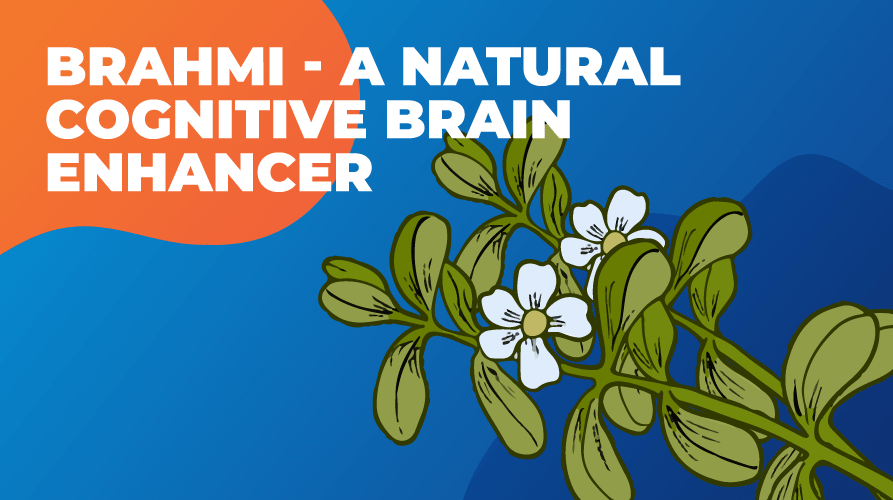The benefits of creatine supplementation is well-known in the fitness community and praised for its ability to enhance muscle growth and improve athletic performance. However, its benefits extend far beyond bodybuilding. Recent studies have shown that creatine can play a significant role in cognitive health, particularly for conditions like Alzheimer’s disease, and may be beneficial for overall health maintenance. Here’s a comprehensive look at why creatine is an important supplement for everyone.
Top 5 Benefits of Creatine Supplement
1. Enhances Athletic Performance and Muscle Growth
Creatine Monohydrate, the most common supplement, is widely recognised for its ability to increase muscle mass and improve performance in high-intensity exercises. It works by increasing the availability of adenosine triphosphate (ATP), the primary energy carrier in cells, particularly during short bursts of intense activity. This allows athletes to train harder and recover faster.
- Muscle Mass: Creatine helps muscles retain water, which increases muscle size and promotes protein synthesis.
- Strength and Power: Studies have consistently shown that creatine supplementation can lead to significant improvements in strength, sprint performance, and resistance training.
2. Cognitive Benefits and Neuroprotection
Recent research indicates that creatine may also have profound effects on brain health, particularly in the context of neurodegenerative diseases like Alzheimer’s.
- Neuroprotection: Creatine has been shown to protect neurons from damage and death in animal models of neurodegenerative diseases. It helps to maintain energy production in brain cells, potentially slowing the progression of diseases like Alzheimer’s and Parkinson’s.
- Cognitive Enhancement: Some studies suggest that the benefits of creatine supplementation can improve cognitive function in healthy individuals, particularly in tasks that require short-term memory and quick thinking.
3. Potential Benefits for Alzheimer’s Disease
One of the most promising areas of research is the potential role of creatine in the treatment and prevention of Alzheimer’s disease. Alzheimer’s is characterised by a decline in cognitive function and memory due to the accumulation of amyloid plaques and neurofibrillary tangles in the brain.
- Energy Metabolism: Creatine helps improve mitochondrial function and ATP production in brain cells, which are crucial for maintaining cognitive function and reducing the risk of Alzheimer’s.
- Reduction of Oxidative Stress: Creatine acts as an antioxidant, reducing oxidative stress, which is a significant factor in the progression of neurodegenerative diseases.
4. Supports Mental Health and Mood
Creatine is not only beneficial for physical health but also for mental well-being. It has been found to improve mood and alleviate symptoms of depression, particularly in women.
- Mood Enhancement: Some studies have shown that creatine supplementation can reduce symptoms of depression, especially in conjunction with antidepressant medications.
- Stress Reduction: By improving energy metabolism in brain cells, creatine helps to mitigate the effects of mental fatigue and stress.
5. Other Health Benefits
Beyond its cognitive and athletic benefits, creatine offers several other health advantages.
- Bone Health: Creatine supplementation may improve bone density and reduce the risk of osteoporosis by promoting the growth of bone cells and improving mineralization .
- Blood Sugar Regulation: There is evidence suggesting that creatine can improve glucose tolerance and insulin sensitivity, potentially reducing the risk of diabetes.
Conclusion
Creatine is a versatile supplement with a wide range of benefits that extend far beyond muscle growth and athletic performance. Its potential to improve cognitive function, protect against neurodegenerative diseases, support mental health, and provide other systemic health benefits makes it a valuable addition to anyone’s supplement regimen. As research continues to uncover the diverse benefits of creatine supplementation, it becomes increasingly clear that it is not just for athletes but for anyone looking to enhance their overall health and well-being.
References
- Healthline – Creatine: Benefits, Side Effects, Dosage, and More
- PubMed – Creatine supplementation and exercise performance
- Frontiers in Bioscience – Creatine and neuroprotection in neurodegenerative diseases
- Psychopharmacology – Effects of creatine supplementation on cognitive function
- Mitochondrion – Creatine and mitochondrial function in Alzheimer’s
- Neuroscience Letters – Creatine and oxidative stress
- Journal of Clinical Psychopharmacology – Creatine and depression
- Journal of the International Society of Sports Nutrition – Creatine and stress
- Bone – Creatine and bone health
- Diabetes – Creatine and glucose metabolism




